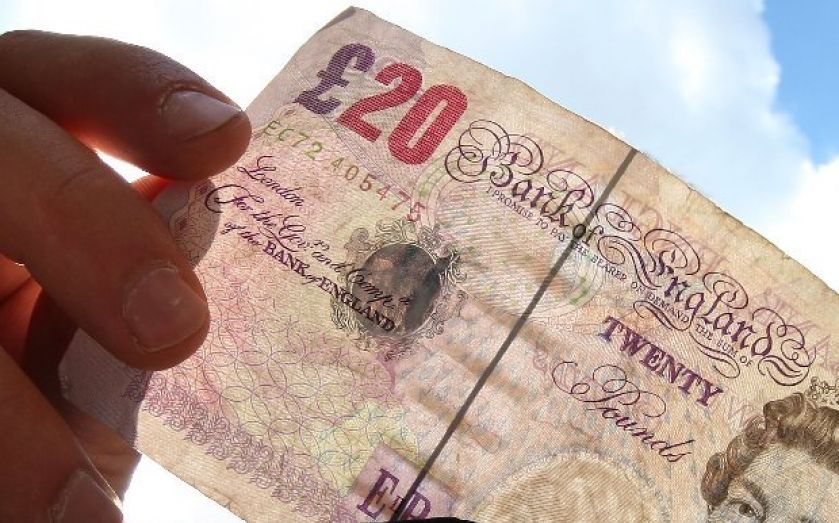Inflation falls again, to 1.5 per cent

The Consumer Prices Index fell to 1.5 per cent in the year to August, down from 1.6 per cent the month before, as low wages and pressures on recovery in European economies continued to take their toll.
The Office for National Statistics said the measure was pushed down by a drop in the price of petrol, which fell 1.8 pence per litre between July and August, compared with a two pence rise a year ago. It added the prices of non-alcoholic drinks and food both fell as well.
Offsetting that were higher prices in clothes, transport and alcohol. Shops began stocking up on their Autumn/Winter rangers in August, and "this year the [price] increases were greater than a year ago", said the ONS. Housing, water and other utilities "continue to have the larger upward effect on inflation, contributing around a quarter of the total", it added.
The figure eases pressure on the Bank of England to increase interest rates. Although governor Mark Carney has dropped hints an increase may come this year, it now looks very unlikely.
Chris Williamson, the chief economist at Markit, said the figure is likely to remain subdued for several months.
Sterling’s depreciation since last year should help bring down the cost of imports, and global commodity prices are also being kept down by historically weak demand, especially from previously-booming emerging markets such as China. Global oil prices have also proved resistant to recent geopolitical concerns, kept low in part due to greater supply from the US. Data from the ONS confirmed these trends, showing factory gate prices falling 0.3% on a year ago in August, the steepest decline since September 2009.